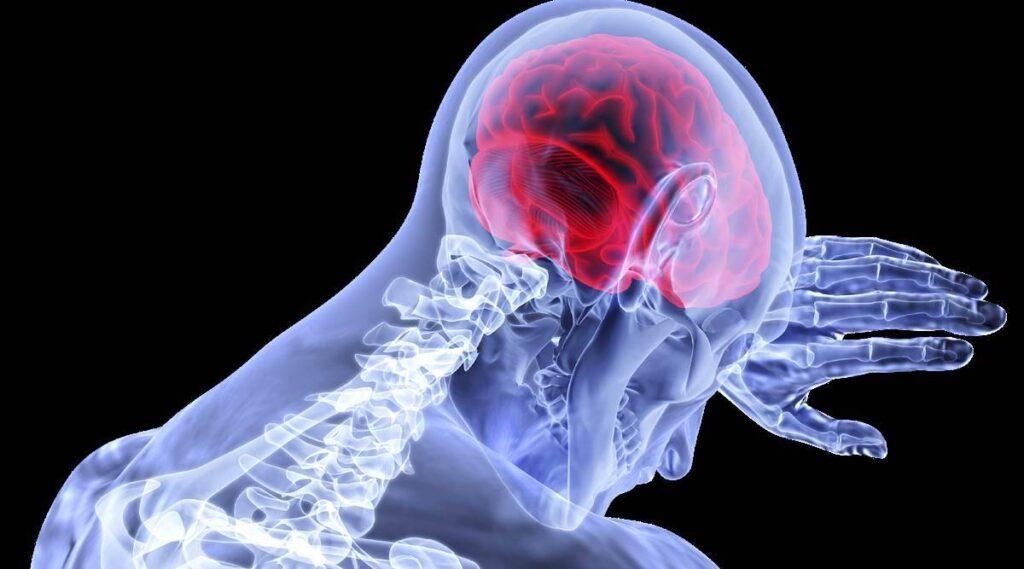Stress and Stroke.

What is a stroke?
A stroke is a damage to the brain because of interrupted supply of blood. Therefore, it prevents blood and oxygen nutrients from reaching the brain tissue.
According to the Centers for Disease Control and Prevention (CDC), stroke is the fifth-leading Trusted Source cause of death in the United States. Every year, more than 795,000Trusted Source U.S. people have a stroke.
Types of Stroke.
The following are the three types of stroke;
- Ischemic stroke– this is caused by a blockage in the artery supplying blood to the brain.
- Hemorrhagic stroke- this happens when blood vessels ruptures resulting to bleeding in the brain.
- Transient ischemic stroke– mini-stroke, this kind of stroke last for a few minutes when the blood supply to the brain is briefly blocked. This is mostly considered as a warning sign to a future stroke.
According to MedicineNet People at risk for stroke include those who have high blood pressure, high cholesterol, diabetes, and those who smoke. People with heart rhythm disturbances, especially atrial fibrillation are also at risk.

Stress and Stroke.
Does high stress increase your chances of having a stroke?
Over the year’s stress has been determined to be a risk factor that can lead to one having a stroke.
Heart & Stroke, state that too much stress can harm your health and increase your risk of heart diseases and stroke. Stress causes the heart to work harder, increase blood pressure and increase sugar fat levels in the blood. These can lead to clots forming and travelling to the heart or brain, causing a heart attack or stroke.
What is stress? What can make you feel stressed?
Stress is a human reaction or the body response to demand, threat or life experiences.
Stress can be triggered by,
- Family problems.
- Illness
- Loss or change of job
- Relationships
- Loss of loved ones
- Uncertainty or waiting for news
- An accident or a near miss.
- Noise
Those are some but a few things that can result to one feeling stressed. The symptoms of being stressed can be physical or emotional.
Some physical are:
- Sweating
- Fainting
- Loss of breath
- Headaches
- Pain in the chest
Some emotional are;
- Anger
- Concentration issues
- Insecurity
- Sadness
- Restlessness
Being stressed could result to stress associated behaviors such as over eating or impulsive drinking. You can also read on how your life style affects your heart health.
Anger and other negative emotions may be triggers for ischemic stroke, according to a study published in the December 14 issue of Neurology, the scientific journal of the American Academy of Neurology. The study found that people who had strokes were more likely to have experienced anger or negative emotions in the two hours prior to the stroke than at the same time the day before the stroke. They were also more likely to have reacted quickly to a startling event, such as getting out of bed suddenly after hearing a grandchild fall down and cry or standing up from a chair quickly after hearing an unexpected loud noise.

Ways to reduce stress
Here some simple ways to get rid of stress;
- Watch something funny as they say laughter is the best medicine.
- Stay silly and playful
- Meditate, find your Zen ad relax.
- Dance around.
- Drink hot water.
- Sleep well, get enough hours of sleep it helps.
- Deep breaths.
- Don’t bottle up your feelings have a good cry.
- Get a hobby
- Learn to forgive
